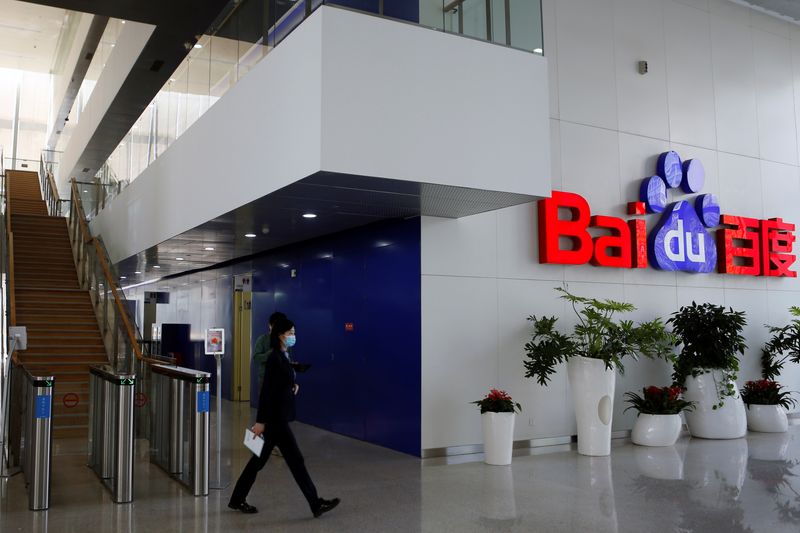On Friday, Baidu Inc. said that it had received the first license to test autonomous cars on Beijing’s roads and that it would expand its network of robotaxi by 200 in the upcoming year.

The startup Pony. ai, which is sponsored by Toyota Motor Corp. and Baidu Inc., announced on Friday that it had been given the first permits to test completely autonomous vehicles in Beijing without the use of safety controllers as a backup.
As a first step toward providing commercial robotaxi services in the Chinese capital, Baidu and Pony.ai said that they would each start testing 10 autonomous vehicles in a technological park built by the Beijing government.
Over the last five years, Beijing-based Baidu, which derives the majority of its earnings from its online search engine, has concentrated on self-driving technologies in an effort to diversify. Last year, it began charging for its robotaxi service Apollo Go.
A robotaxi journey is expected to eventually cost approximately half as much as a trip in a commercial vehicle with a driver, according to the prediction.
In the upcoming year, the company announced that it would expand its network of robotaxis in China by 200 more.
Apollo Go, which runs without a safety driver in Wuhan and Chongqing, provided a total of 1.4 million driverless rides at the end of the third quarter, according to Baidu. In Guangzhou, where it runs a taxi service, rival Pony.ai, which has operations in both China and the US, has been developing autonomous drive systems.
Additionally, it is testing self-driving cars in Arizona and California while using safety drivers as a backup. Despite the aggressive implementation timetable expected a few years ago, manufacturers outside of China have backed off, and regulatory barriers have emerged, even as Chinese companies strive for self-driving cars.
Three years after CEO Elon Musk said the business was on schedule to produce a fleet of a million robotaxis, Tesla’s “Full Self Driving” technology needs a human behind the wheel who is prepared to take charge.
Due to claims that its electric vehicles can run themselves, Tesla is currently the subject of a criminal probe in the US. The robotaxi division of General Motors Co, Cruise, has announced intentions to expand its service throughout San Francisco and other American cities and to add thousands of automated cars in the upcoming year.
Following incidents in which the vehicles braked improperly or were immobilized, U.S. auto safety officials announced earlier this month that they had launched a safety inquiry into the autonomous driving system utilized by Cruise.
After determining that the mass implementation of a commercial automated drive system would require more money and time than the companies anticipated when they joined together in 2019, Ford Motor and Volkswagen AG closed down their collaborative self-driving company, Argo AI, in October.
A fault led to a test vehicle colliding with a traffic median in California, according to an informal investigation by the National Highway Traffic Safety, and Pony.ai agreed to fix a version of its automated driving software in the US in March.

I am a law graduate from NLU Lucknow. I have a flair for creative writing and hence in my free time work as a freelance content writer.